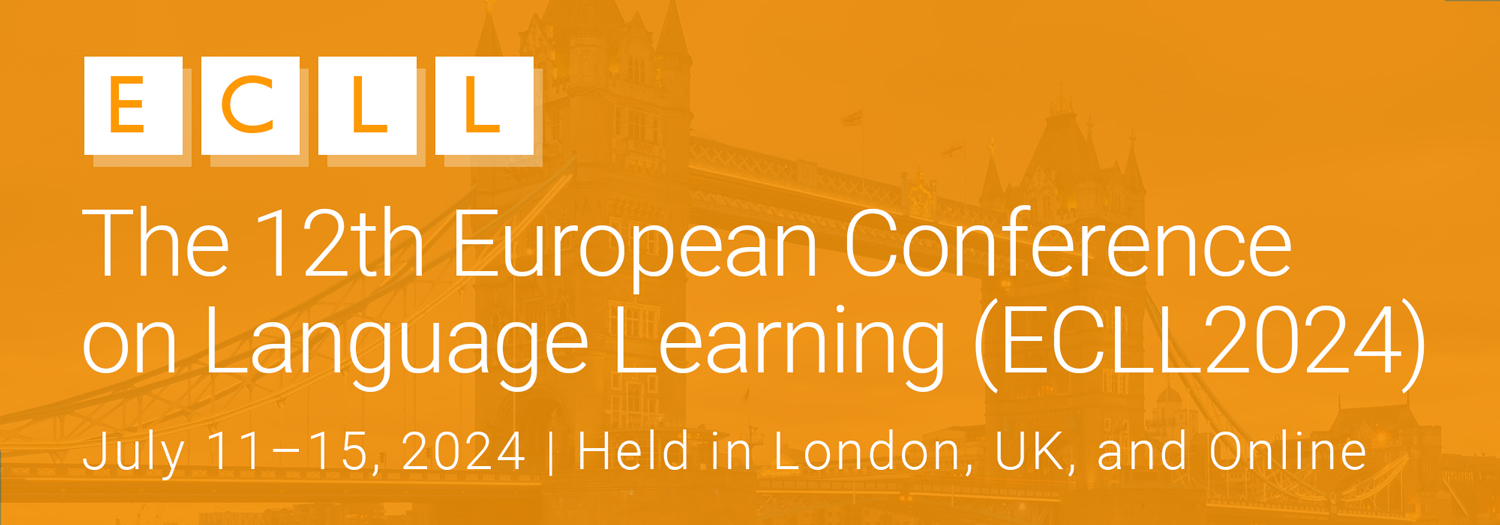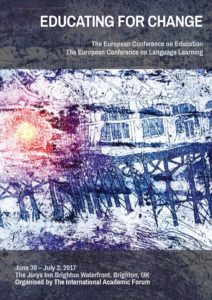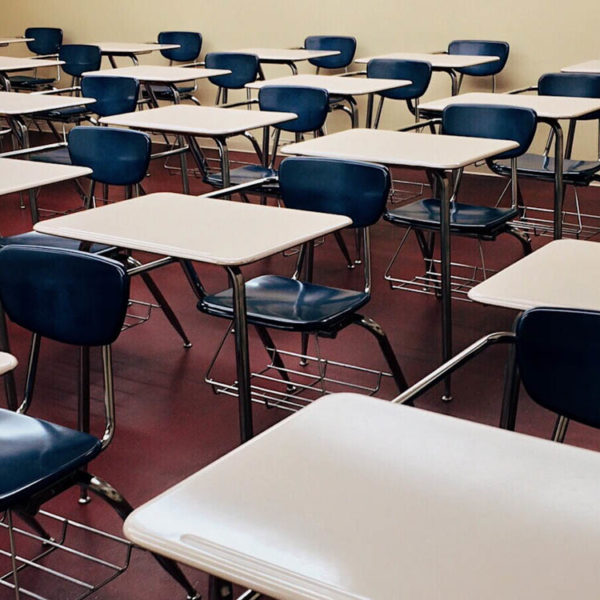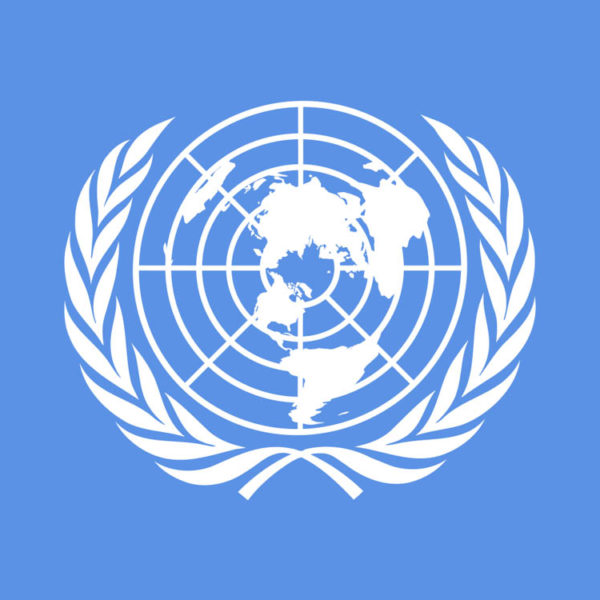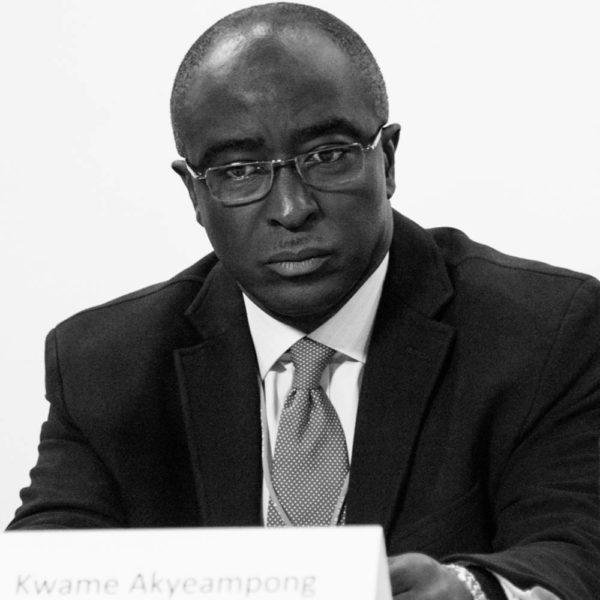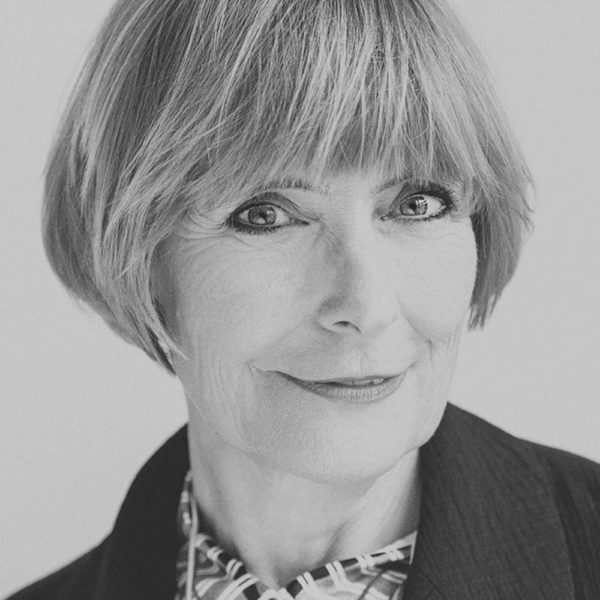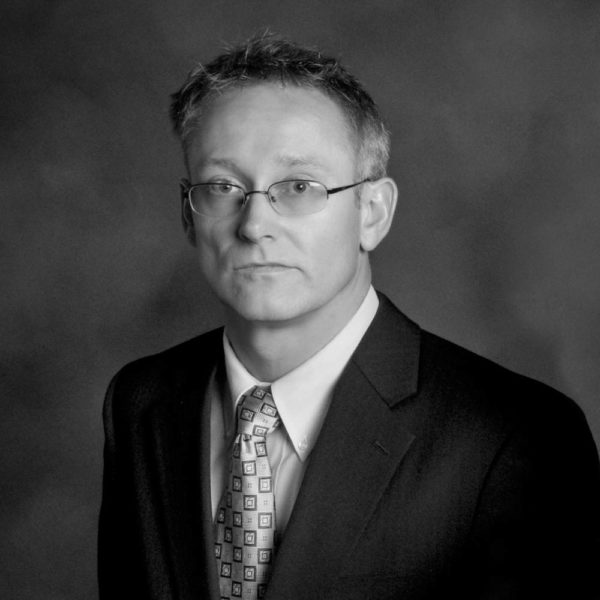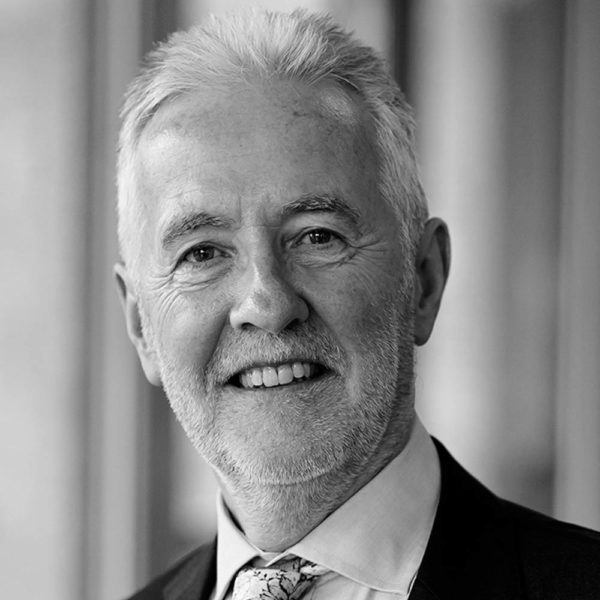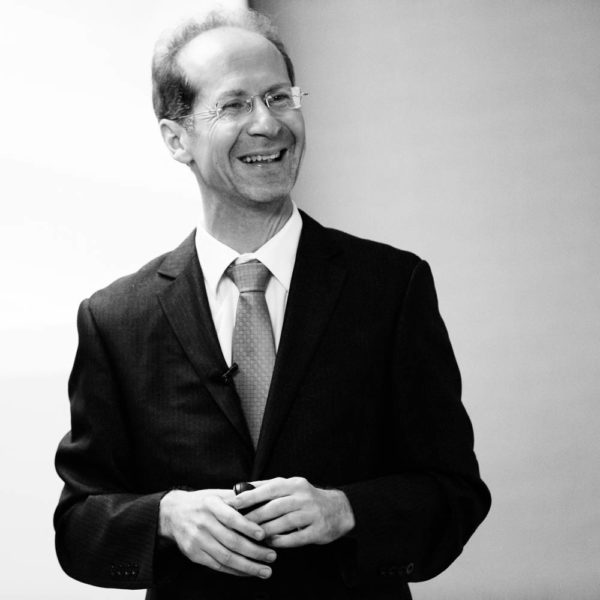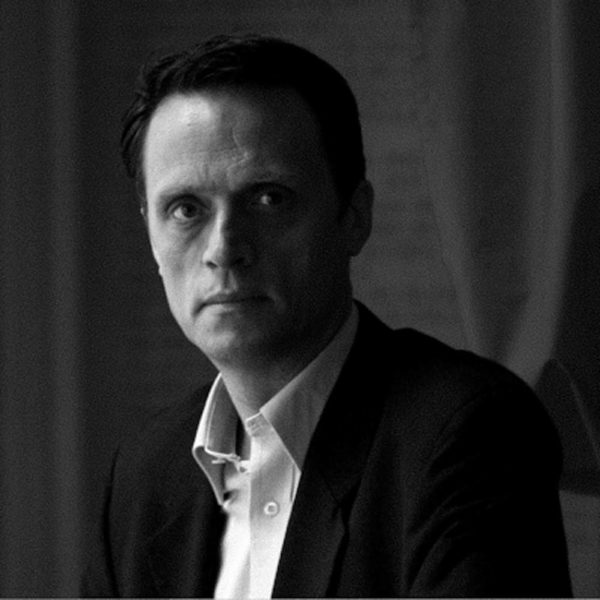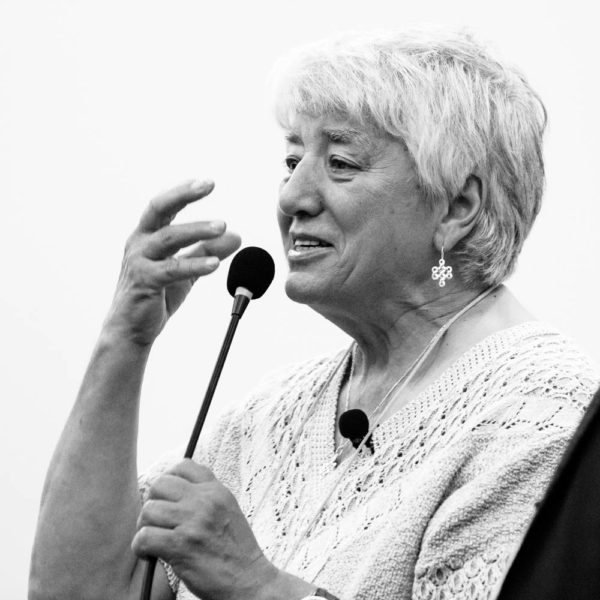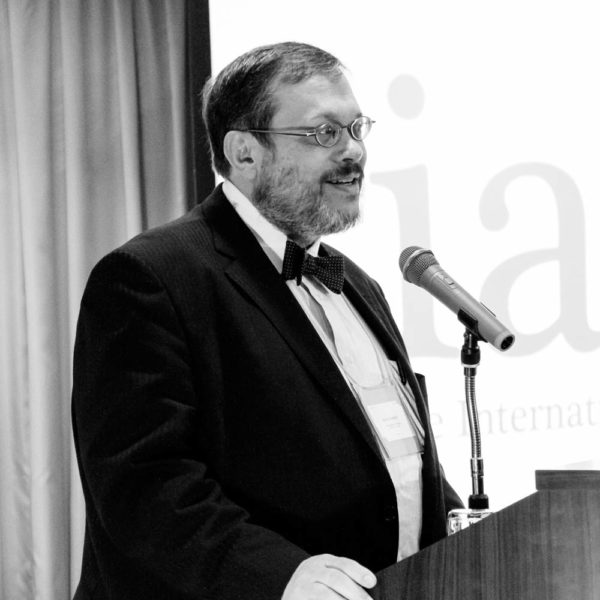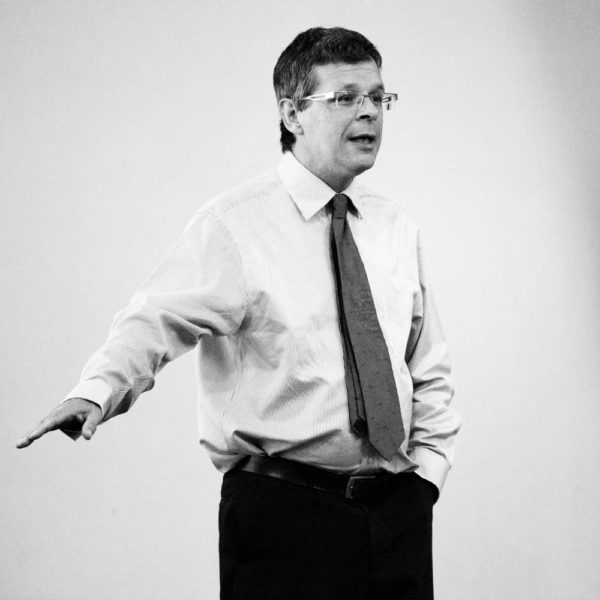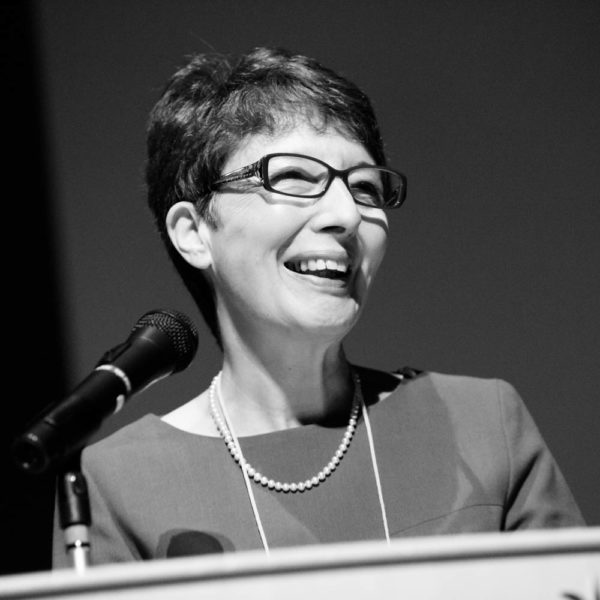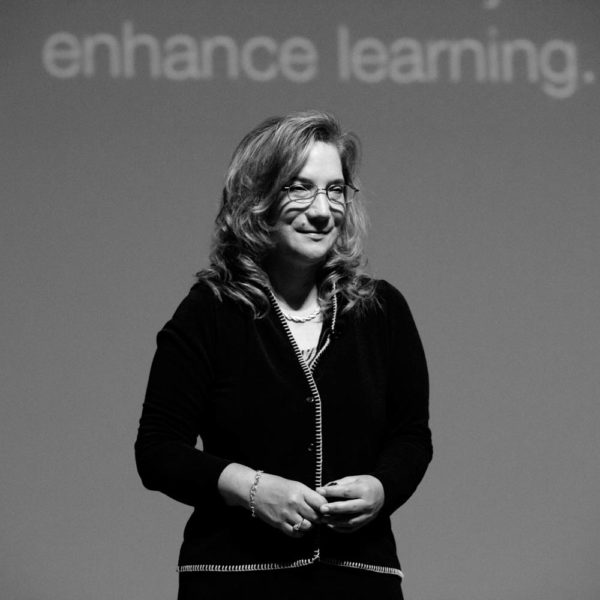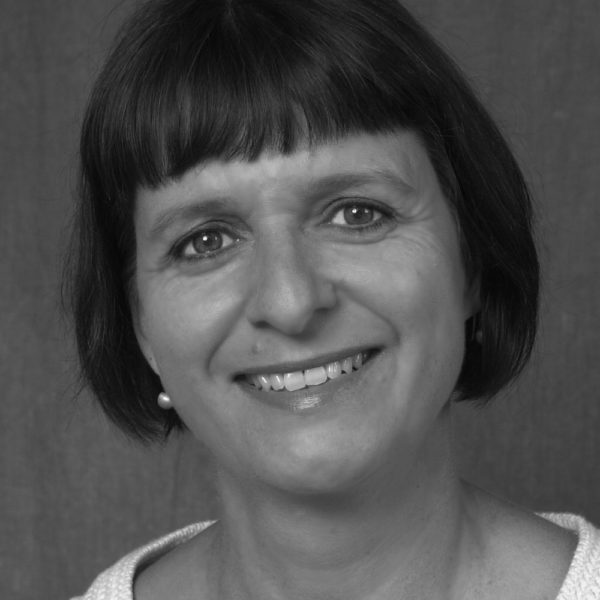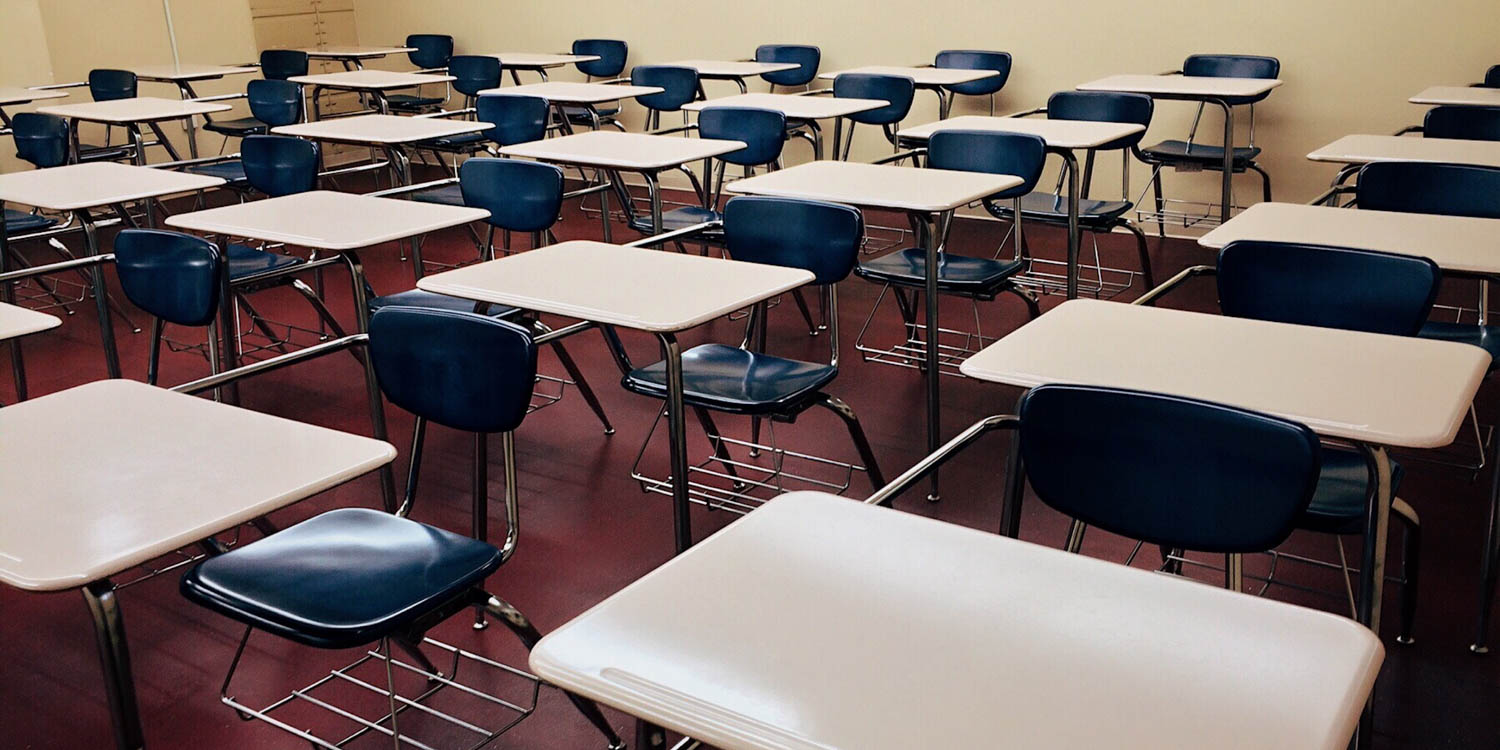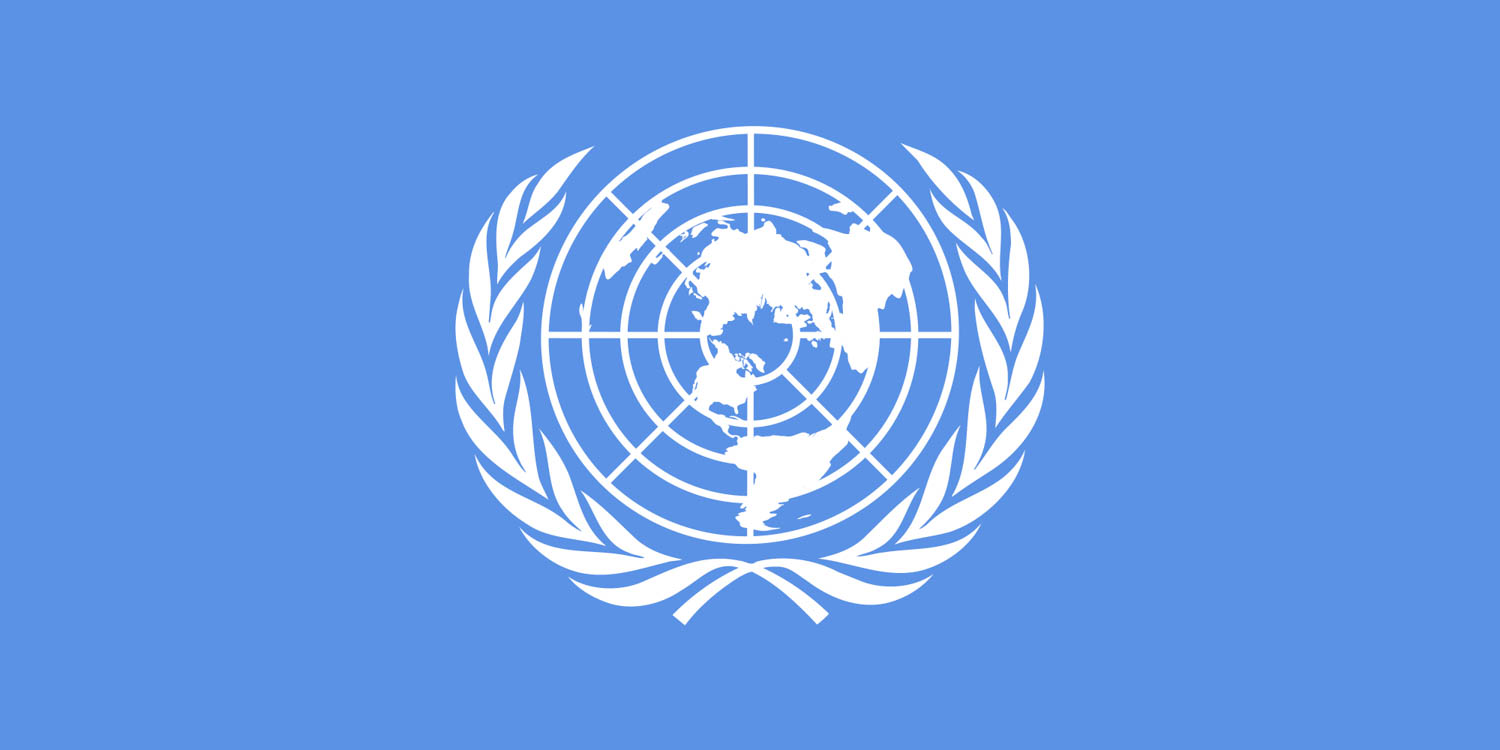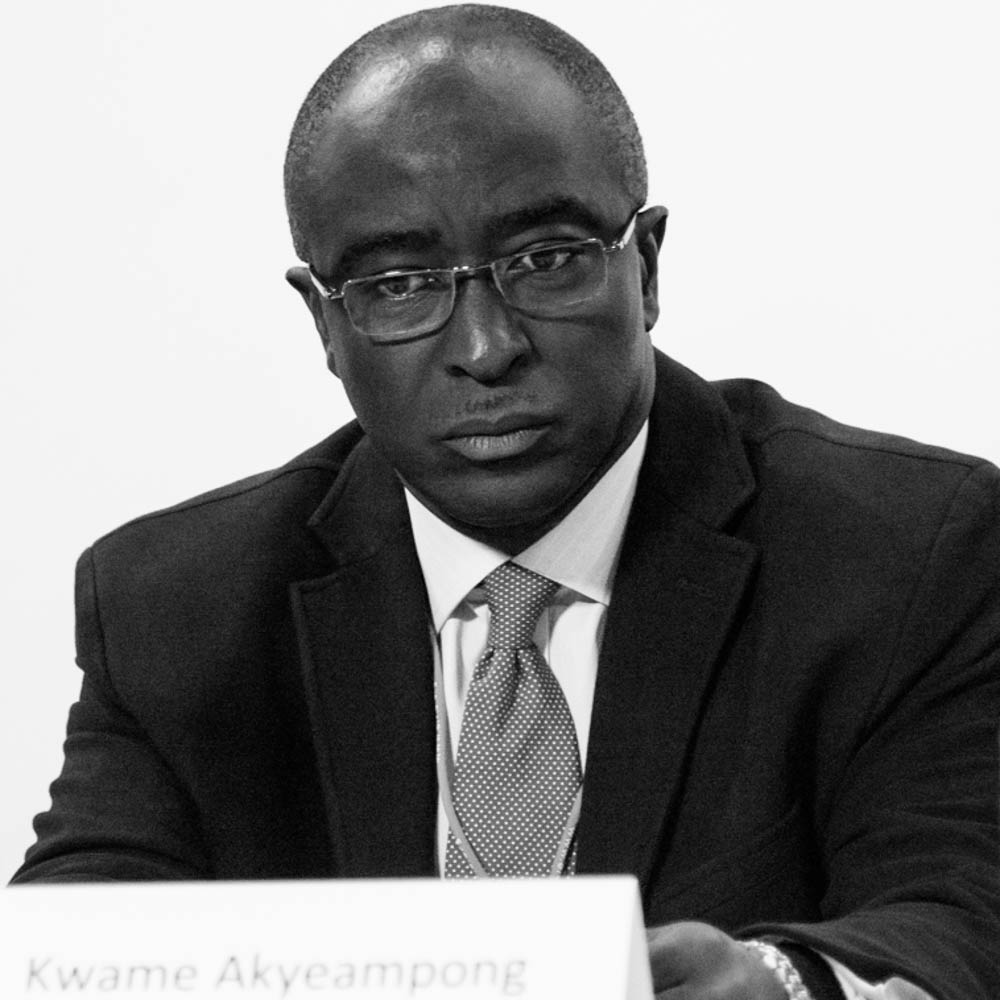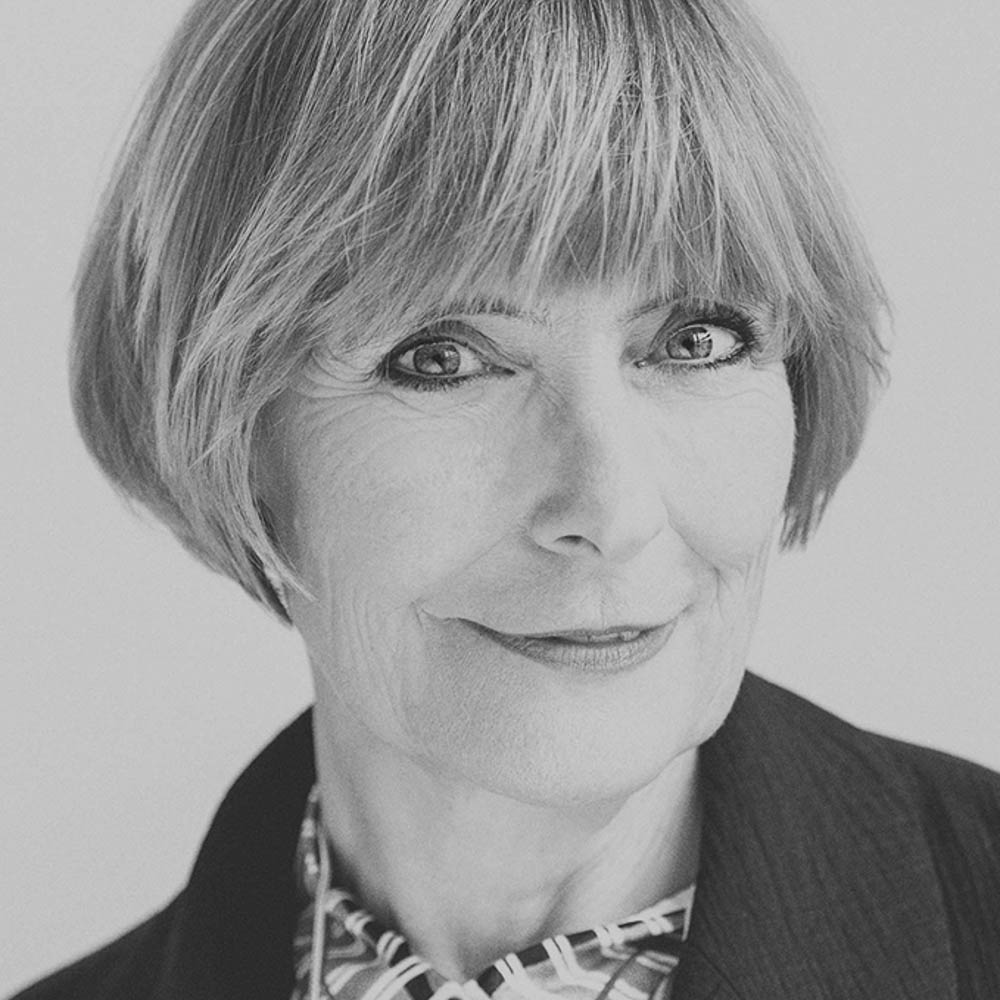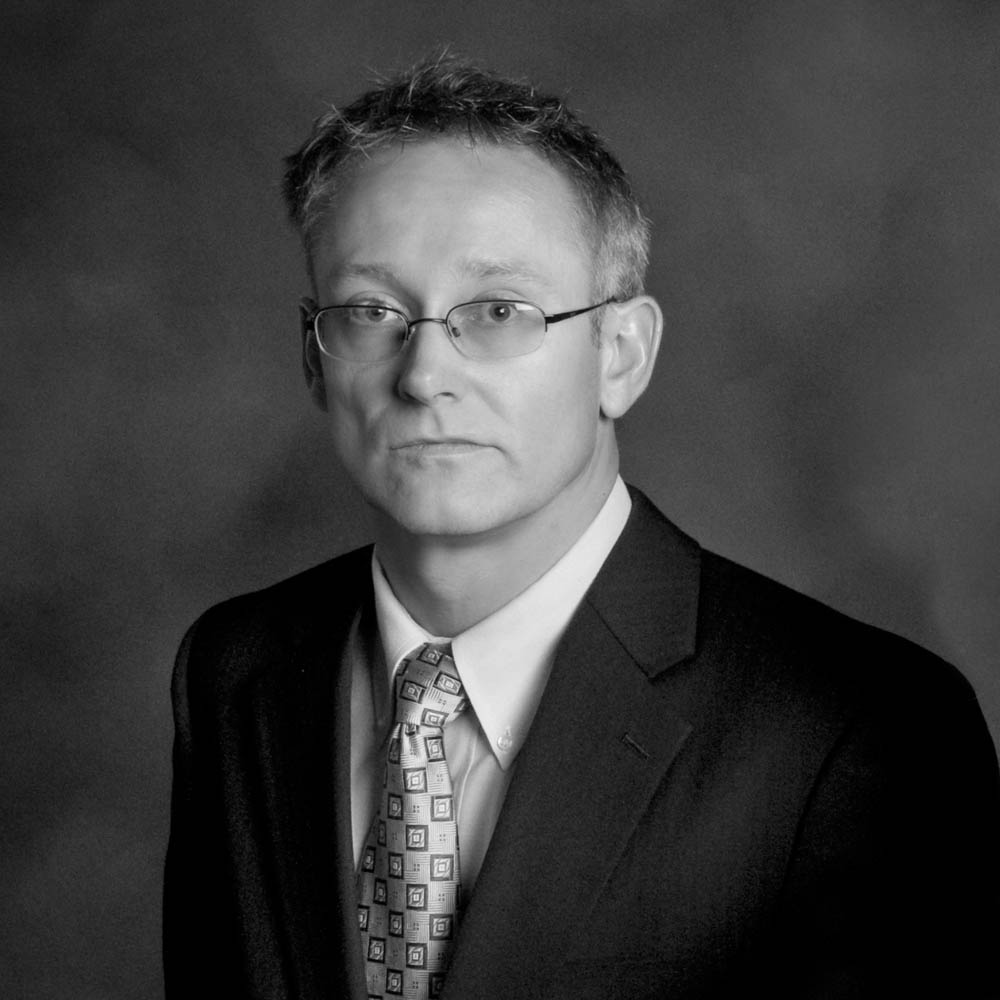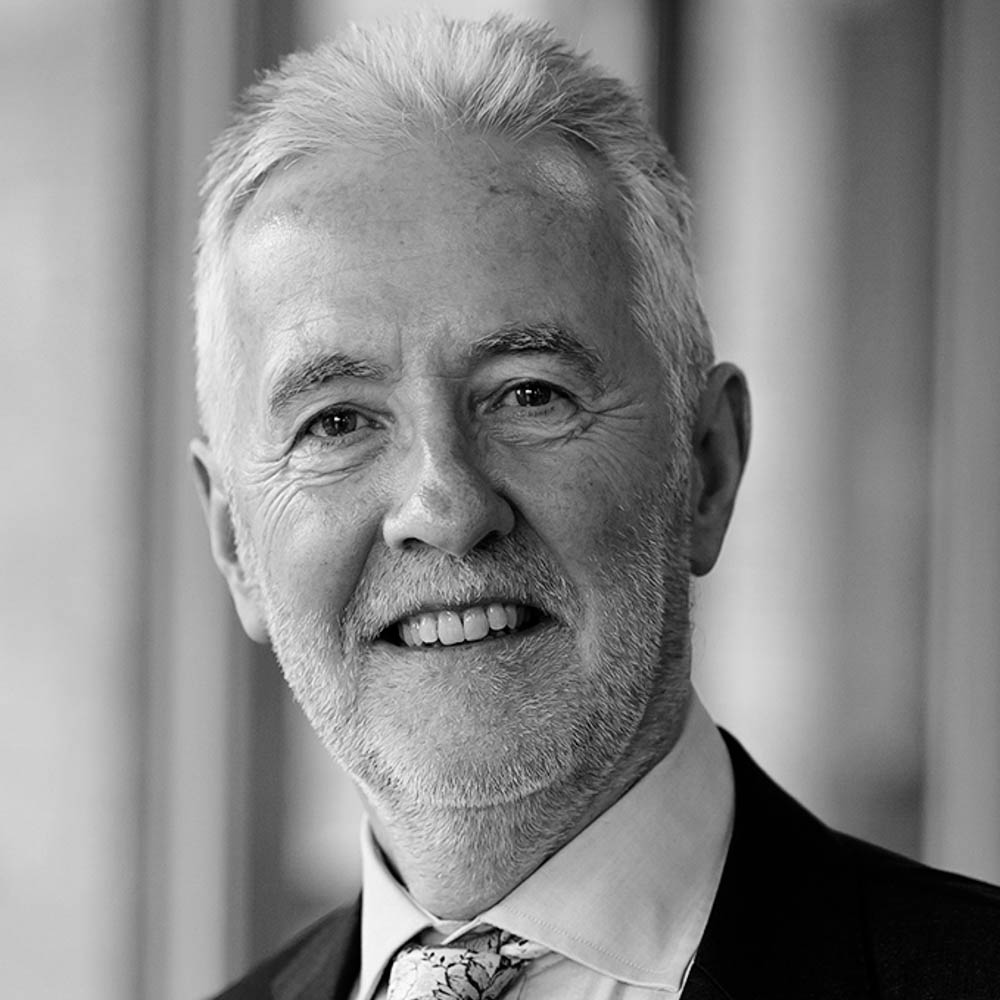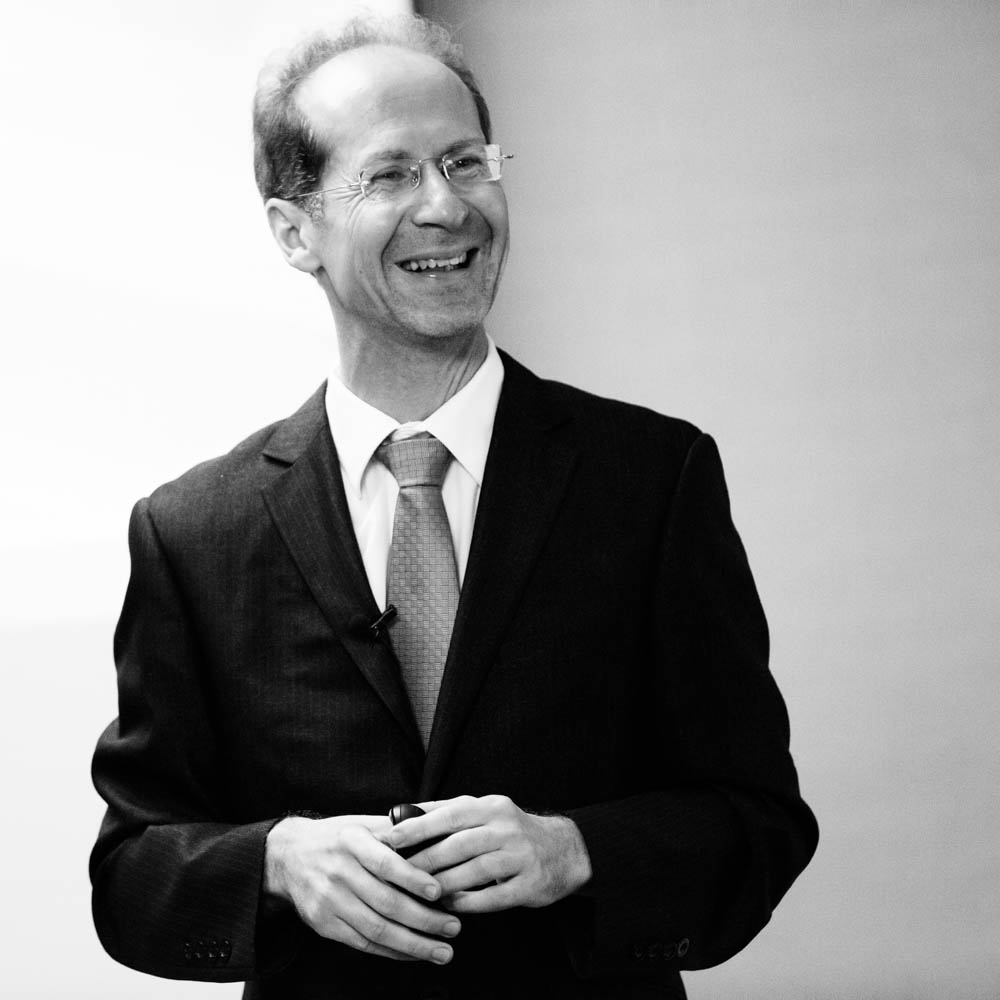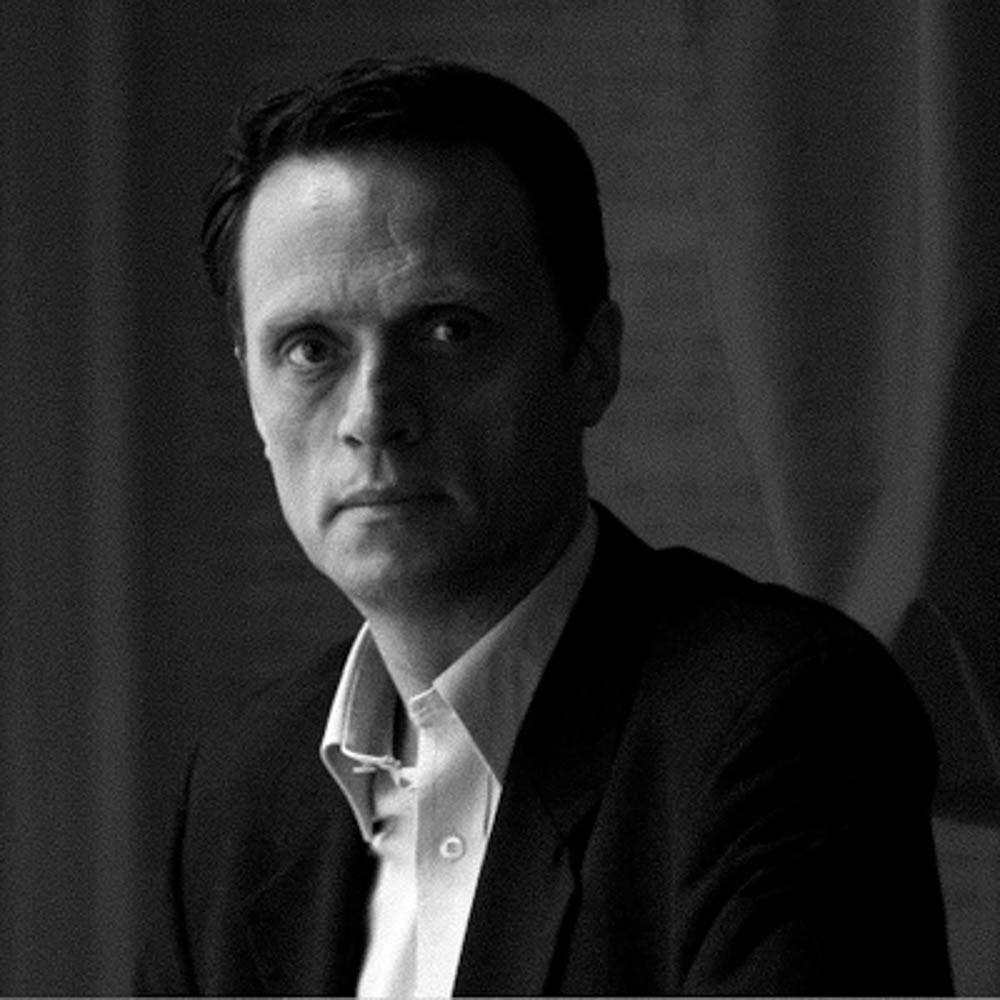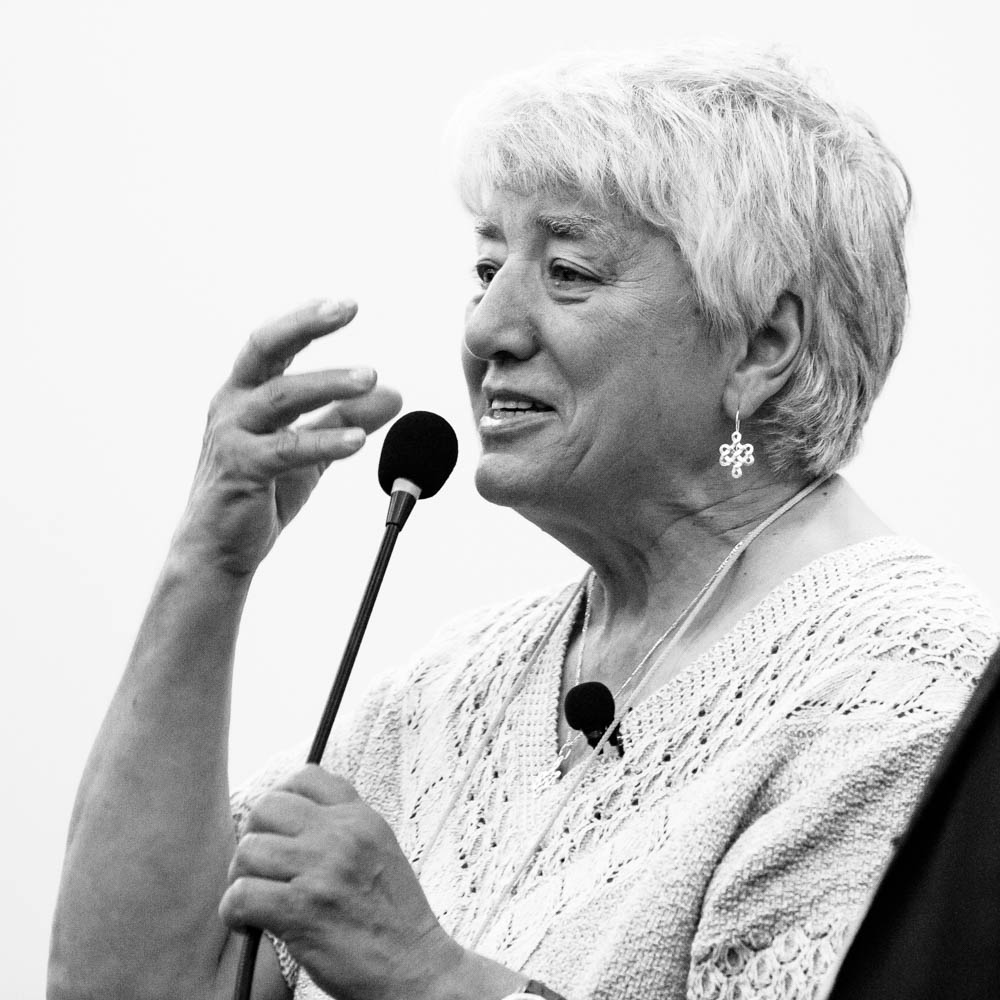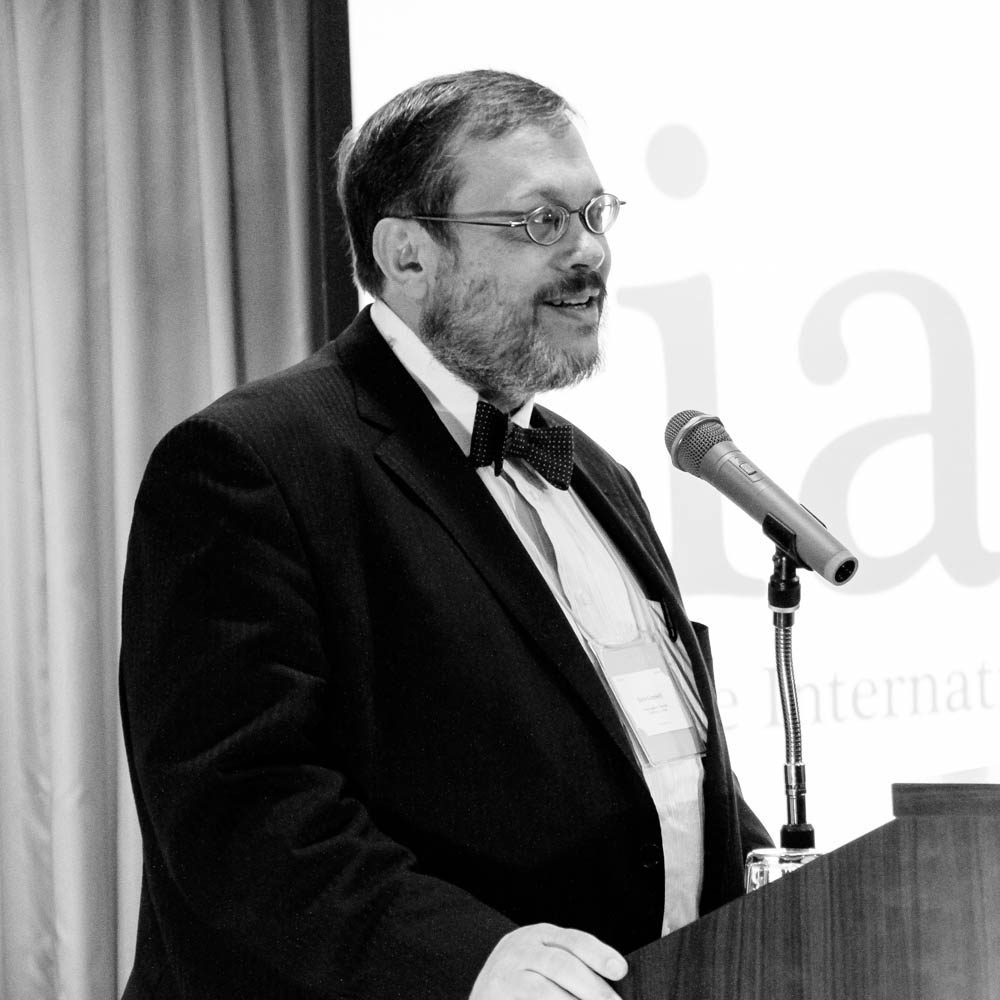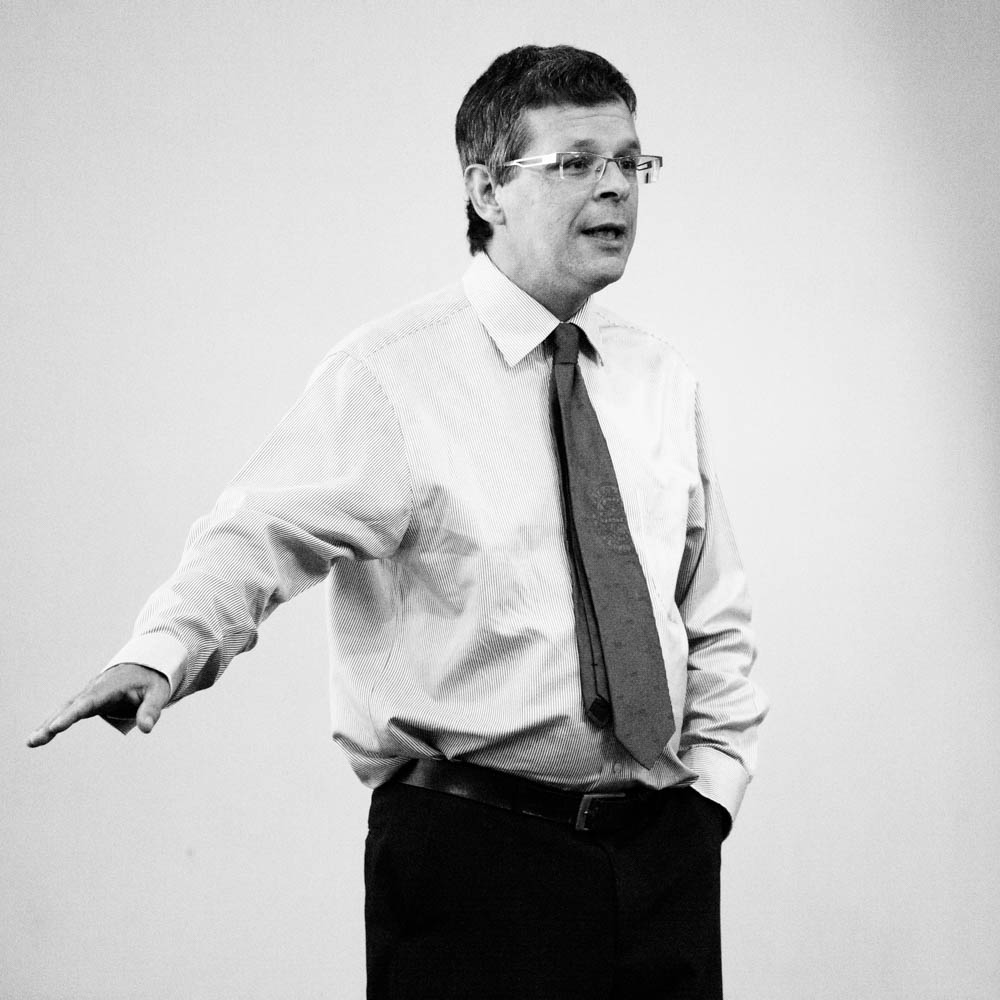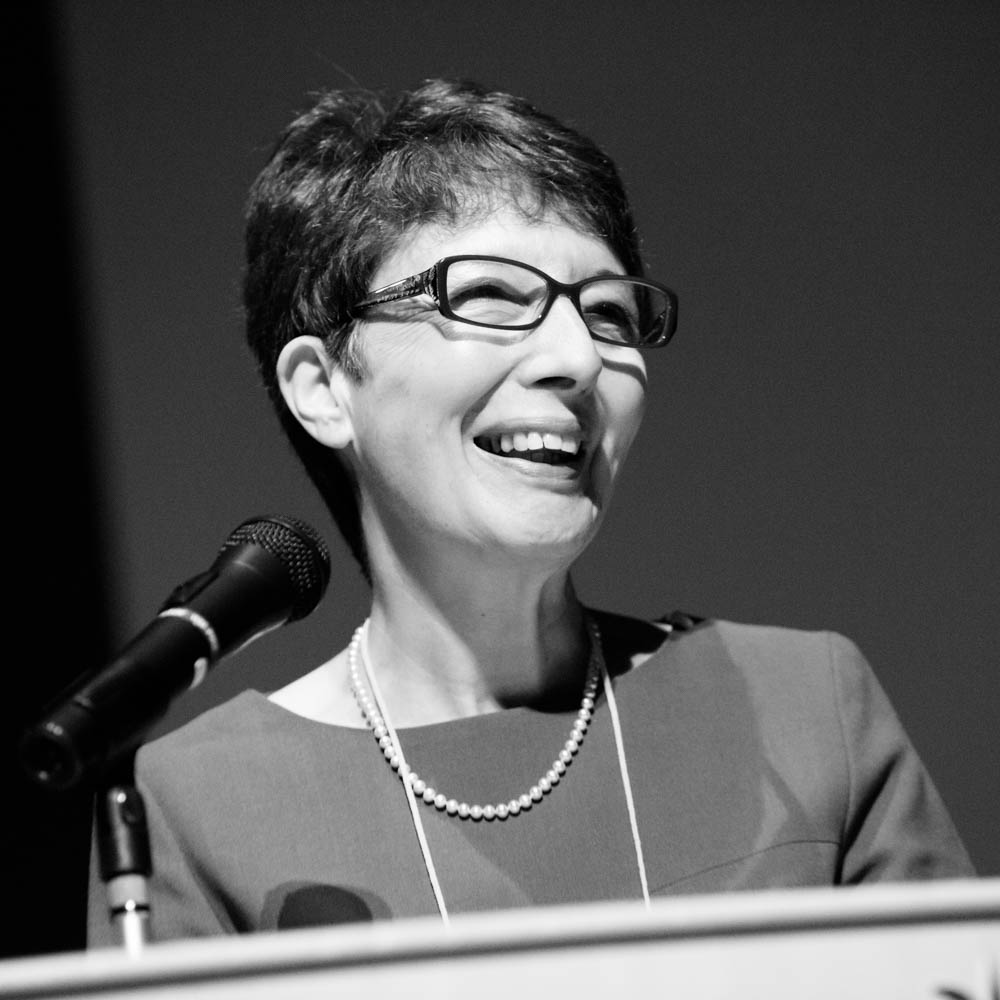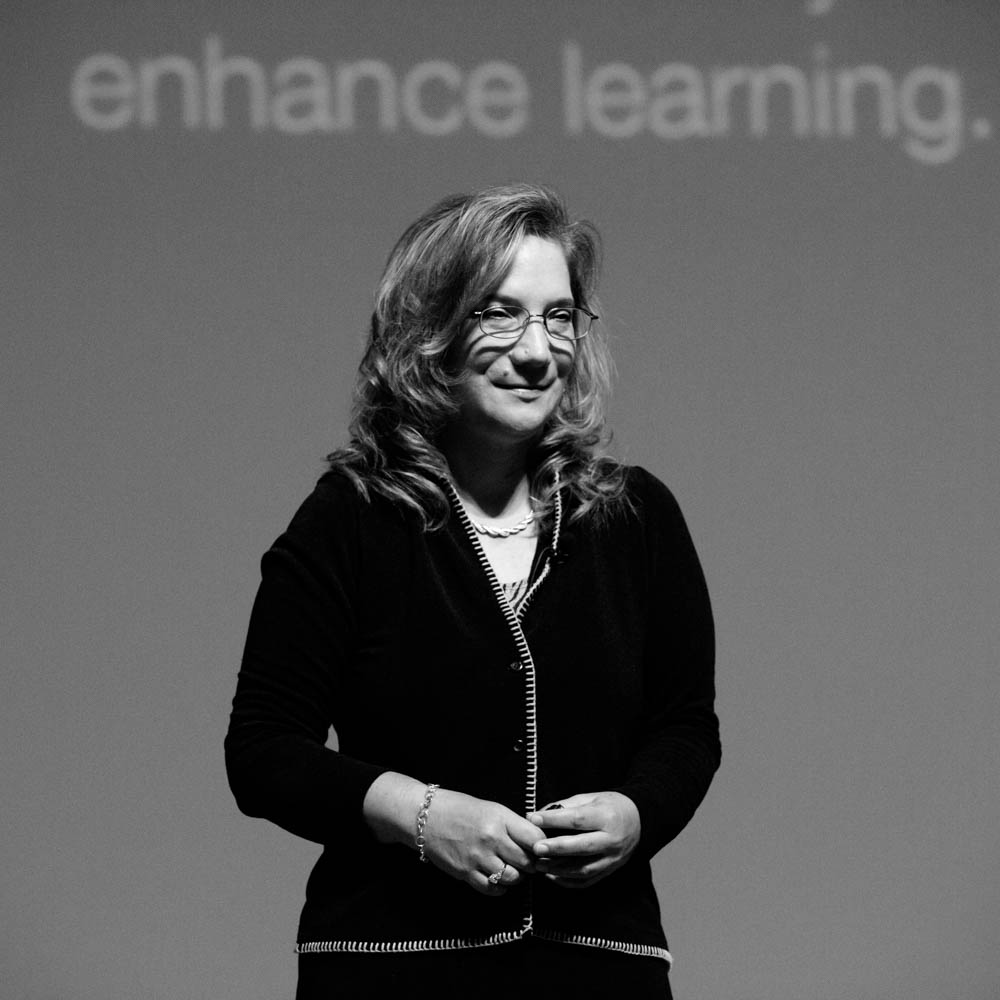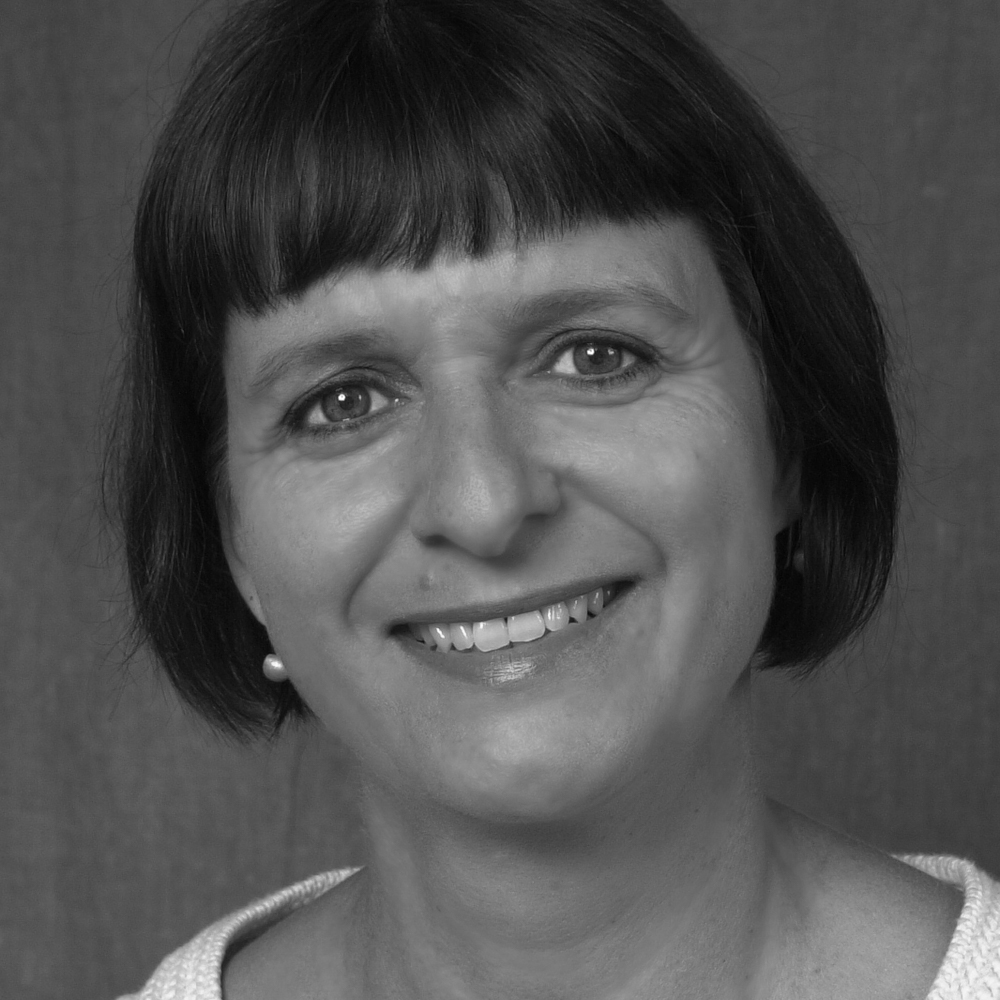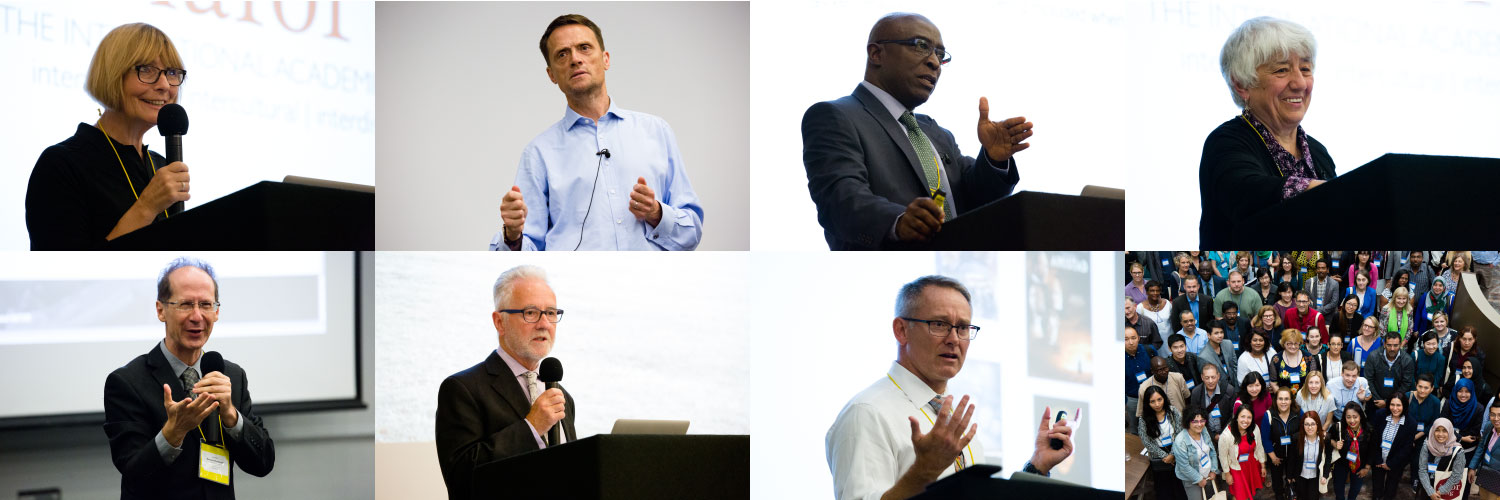
Photographs of The European Conference on Language Learning 2017 (ECLL2017) in Brighton, UK
Conference Theme: "Educating for Change"
June 30 – July 2, 2017 | The Jurys Inn Brighton Waterfront, Brighton, UK
Whether we are looking at why we must change, or how education has changed or even how education will change, change affects all of us involved in language education in many ways. Administrators, teacher trainers, teachers, students: we all wear many hats and we all come face-to-face with change, sometimes on a daily basis. Positive change is about improvement: improving proficiency, improving lives, helping learners achieve their goals and dreams and ultimately, broadening horizons.
In our work as educators we are often asked to effect change – that we are change-makers can be seen in the new curriculums, new material, and even new techniques or methods that we develop. For those of us who conduct research, our research is often focused on finding “better” or more effective ways of teaching often measured in outcomes such as students entered with an average of X and improved to an average of Y. In such a case, improvement = change! But change is also an area of research as can be seen by looking at journals such as the Journal of Educational Change, Changes in Higher Education, Culture and Change, and Educational Research for Social Change, to mention four. It is a serious area of study, and one worth our attention.
The focus of the last journal mentioned above is worth looking at. Change is not only about test scores or proficiency going up. It is also about lasting change in one’s life, life choices, and looking beyond us as individuals to the society we live in. Social change and a focus on improving the societies we live in is another outcome of education. In recent years, there has been a focus on language and identity, as well as an embrace of sociocultural theory and language development.
At the same time change for the sake of change is not a good reason for change. There is often a tension between the status quo (which is not always bad) and the desire to change. As invested members of our field, we need to be able to examine change, identifying and applying that which is appropriate and will further our goals while also having the wisdom and gumption to reject change that does not make sense. As Dewey said, “Reforms which rest simply upon the enactment of law, or the threatening of certain penalties, or upon changes in mechanical or outward arrangements are transitory and futile.”
Programme
-
Transforming the Educational Experience of African Children Through Emancipatory ResearchKeynote Presentation: Kwame Akyeampong
-
Think Like a System, Act Like an EntrepreneurPlenary Panel Presentation I: Matthew Taylor & Ann Boddington
-
The Impact of Weekly Correction and Feedback in a French Composition ClassSpotlight Presentation: Bernard Montoneri
-
Teaching Difficult Histories Through Film: Examples and Perspectives from the FieldFeatured Presentation: David Hicks
-
The Three Barriers on the Way to International Communication: Which Is the Most Difficult to Shatter, and How Can It Be Done?Keynote Presentation: Svetlana Ter-Minasova
-
Education for Change: Addressing the Challenges of UN Sustainable Development Goal 4Plenary Panel Presentation II: Kwame Akyeampong & Brian Hudson
Speakers
-
Kwame AkyeampongUniversity of Sussex, UK
-
Anne BoddingtonUniversity of Brighton, UK
-
David HicksVirginia Tech, USA
-
Brian HudsonUniversity of Sussex, UK
-
Bernard MontoneriTamkang University, Taiwan
-
Matthew TaylorRSA (Royal Society for the encouragement of Arts, Manufactures and Commerce), UK
-
Svetlana Ter-MinasovaLomonosov Moscow State University, Russia
Organising Committee
The Conference Programme Committee is composed of distinguished academics who are experts in their fields. Conference Programme Committee members may also be members of IAFOR's International Academic Board. The Organising Committee is responsible for nominating and vetting Keynote and Featured Speakers; developing the conference programme, including special workshops, panels, targeted sessions, and so forth; event outreach and promotion; recommending and attracting future Conference Programme Committee members; working with IAFOR to select PhD students and early career academics for IAFOR-funded grants and scholarships; and overseeing the reviewing of abstracts submitted to the conference.
-
Anne BoddingtonUniversity of Brighton, UK
-
Steve Cornwell (1956-2022)The International Academic Forum (IAFOR) & Osaka Jogakuin University, Japan
-
Jean-Marc DewaeleBirkbeck, University of London, UK
-
Joseph HaldaneThe International Academic Forum (IAFOR), Japan
-
Brian HudsonUniversity of Sussex, UK
-
Sue JacksonBirkbeck, University of London, UK
-
Barbara LockeeVirginia Tech., USA
-
Linda MorriceUniversity of Sussex, UK
Review Committee
ECLL2017 Review Committee
- Dr Despoina Panou, Ministry of Education, Greece
- Dr Elizabeth Ruiz Esparza Barajas, Universidad De Sonora, Mexico
- Dr Hasan Alwadi, University of Bahrain - Bahrain Teachers College, Bahrain
- Dr Hoda Thabet, Sohar University, Oman
- Dr Mohammed Nihad Ahmed, University of Mosul, Iraq
- Dr Rasha Osman Abdel Haliem, The Higher Technological Institute and Amideast, Egypt
- Dr Shahnaz Begum, Millat College (under L. N. Mithila University), India
- Dr Solange Aranha, UNESP, Brazil
- Dr Tito Endrina, Department of Education, The Philippines
- Dr Vineeta Saluja, Indian Institute of Information Technology Design and Manufacturing, India
ECE2017 Review Committee
- Dr Agatha Ojeme, University of Benin, Nigeria
- Dr Beth Rankin, Australian Catholic University, Australia
- Dr Chia Pei Wu, I-Shou University, Taiwan
- Dr Habsah Hussin, Universiti Putra Malaysia, Malaysia
- Dr Jane Webb-Williams, University of South Australia, Australia
- Dr Jennifer Vincent, Champlain College, United States
- Dr Jocelyn Bartolata, Bicol University, The Philippines
- Dr Katy Campbell, University of Alberta, Canada
- Dr Luisa Daniele, The Italian Institute of Research for the Development of the Training System for Worker, Italy
- Dr Ma. Celina Eladia Meneses, Bicol University, The Philippines
- Dr Martiallou Organiza, University of The Visayas, The Philippines
- Professor Mary Felicia Opara, Anambra State University, Nigeria
- Dr Nina Stankous, National University, United States
- Dr Sudha Pingle, University of Mumbai, India
- Dr Takalani Mashau, University of Venda, South Africa
- Dr Teri Marcos, National University, United States
- Dr Theo Gilbert, University of Hertfordshire, United Kingdom
- Dr Wei-Ni Wang, National Chung Cheng University, Taiwan
IAFOR's peer review process, which involves both reciprocal review and the use of Review Committees, is overseen by conference Organising Committee members under the guidance of the Academic Governing Board. Review Committee members are established academics who hold PhDs or other terminal degrees in their fields and who have previous peer review experience.
If you would like to apply to serve on the ECLL2019 Review Committee, please visit our application page.
